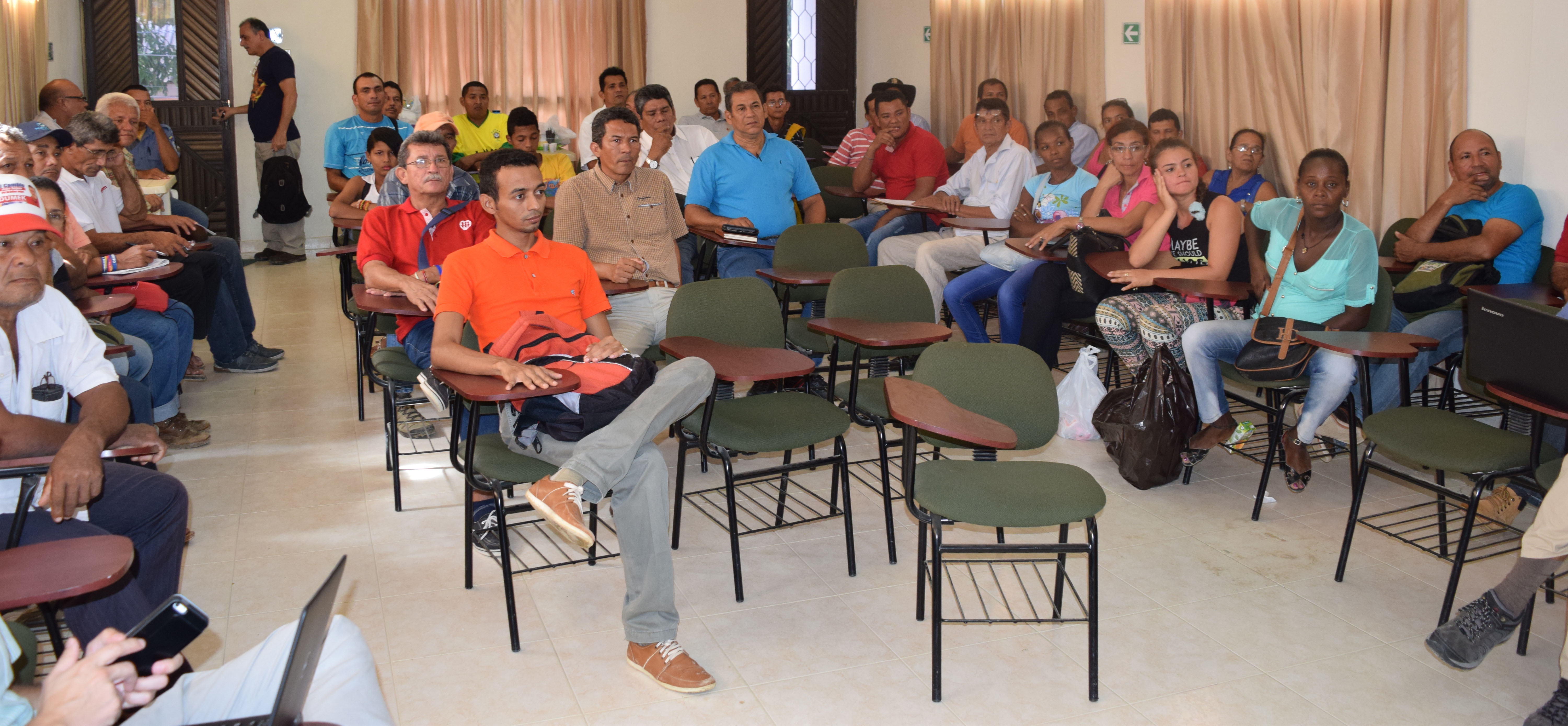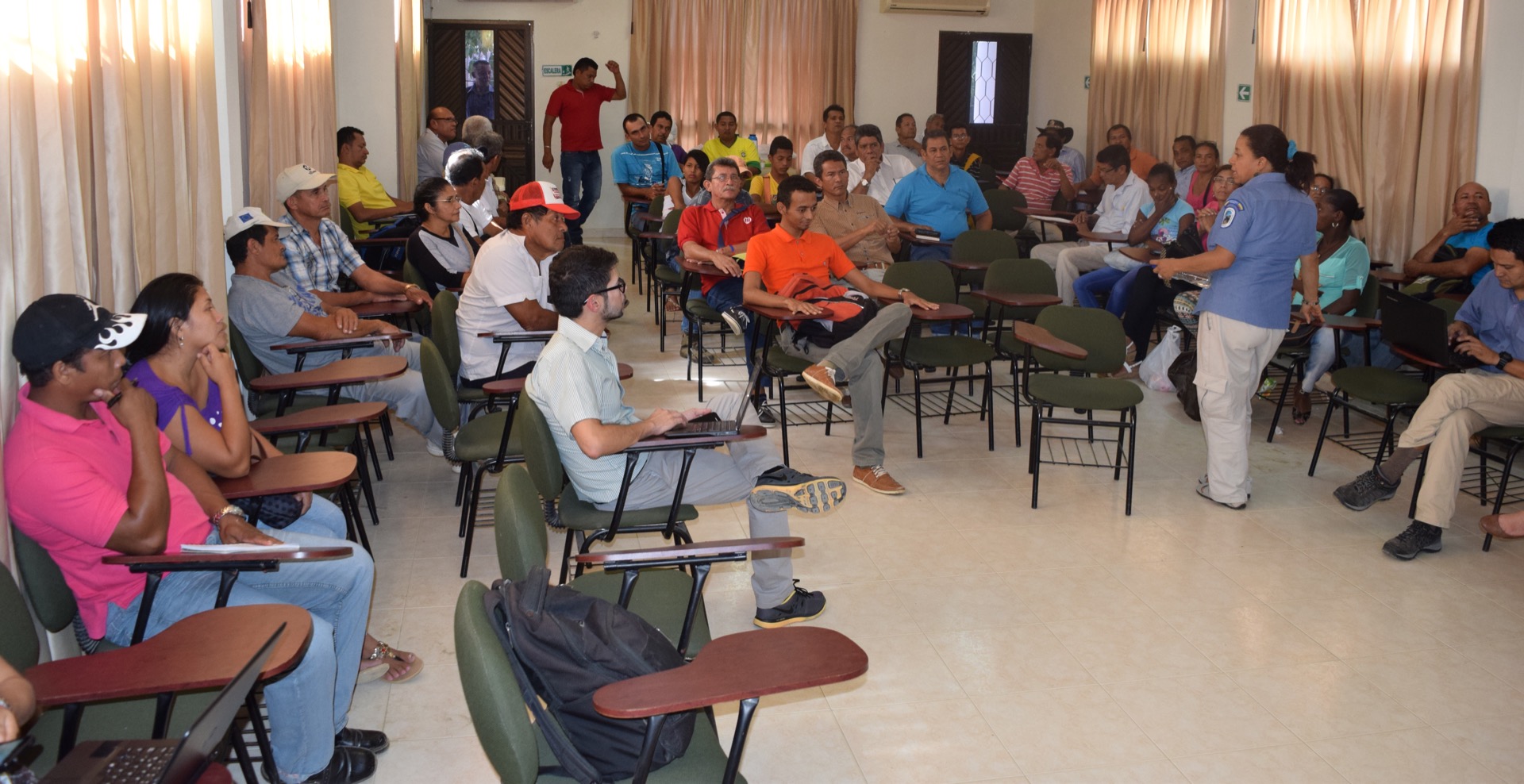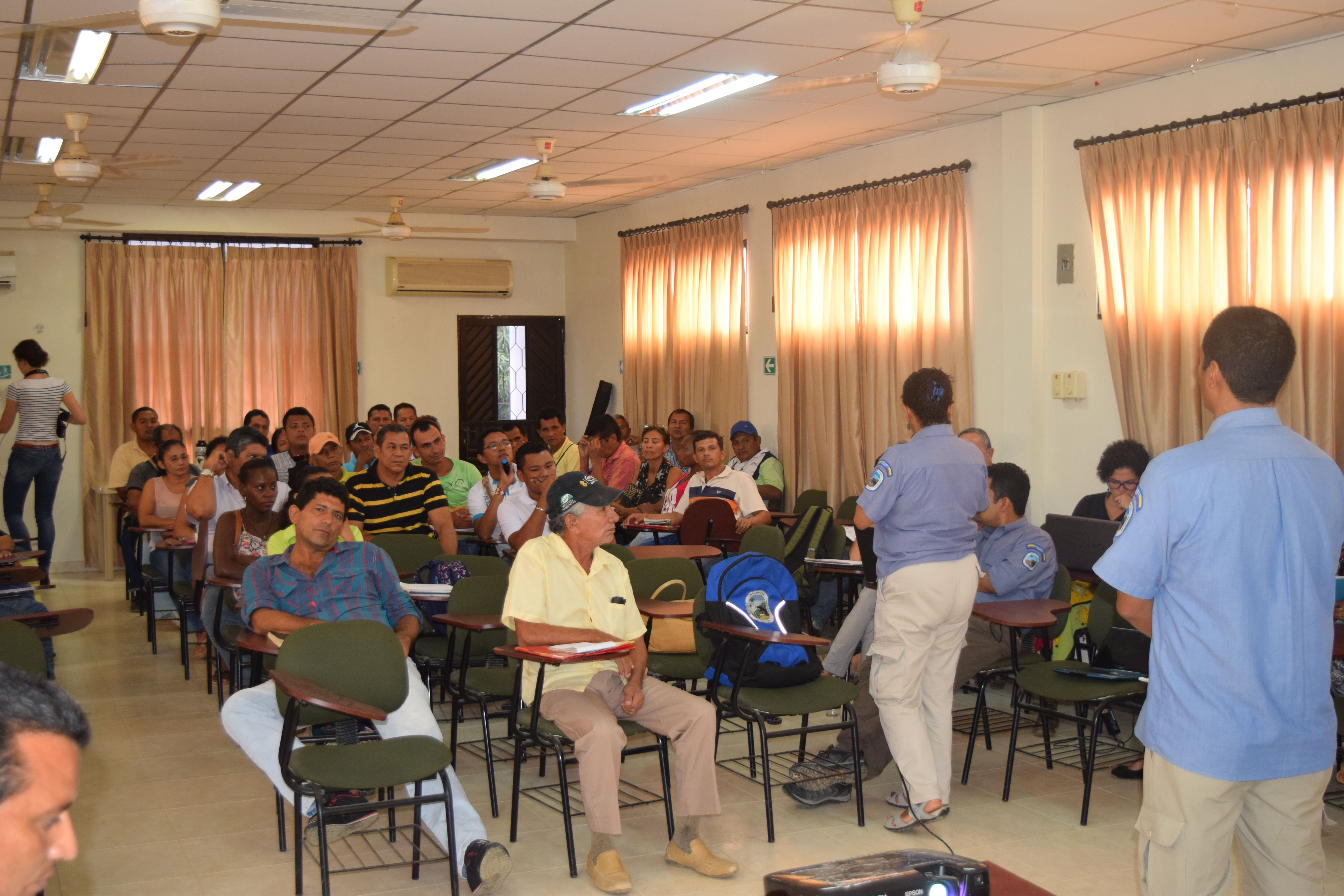



An essential factor in the integration of key aspects of climate change and biodiversity into territorial planning at the municipal level was the strengthening of local capacities in territorial planning, ecosystem services and adaptation to climate change. This was done at the level of municipal administrations, personnel from Colombia's National Natural Parks and protected areas, and local communities. Equally important was knowledge management to provide inputs that facilitate the development of public policy proposals in this area. Such is the case of the preparation of diagnoses of the Basic Land Management Plans in the two municipalities, to analyze the degree of inclusion of PAs and generate recommendations for greater integration; the preparation of diagnoses and identification of ecosystem services, to make visible the importance of PAs in territorial development and in the quality of life of the surrounding population; and the identification of risks associated with climate change and adaptation strategies, based on local experiences, in order to contribute to the resilience of ecosystems in the context of land use planning.
- Financial support for the implementation of consultancies to generate key baseline information.
- Funding for the hiring of experts to support the work teams in both municipalities on land-use planning and the inclusion of protected areas in local planning.
- Technical and academic enhancement of the public policy formulation process, due to the involvement of institutions from multiple levels and sectors, which generated meetings and contributions from local and foreign experts.
The implementation of a capacity building and knowledge management component, aimed at decision makers, technical staff and communities, provides a solid technical basis and promotes standardized knowledge that articulates the dialogue in the participatory public policy construction processes. This gives the process greater legitimacy.
In the municipalities, this strengthened their leadership and positioning as a development axis. For the PAs, their role in territorial development was evidenced, whether for the cultural value of the Los Colorados FFS in San Juan Nepomuceno, or for the generation of water resources in the case of Santa Rosa, which benefits the Department of Cauca.
As for the communities, this promoted their empowerment and participation in the construction of local public policy, and made it possible to recover knowledge related to climate change adaptation measures, such as reforestation of streams and rivers, rainwater collection wells, and the construction of elevated bridges on guadua.